Making Decisions With Visualizations
University of Rostock, Germany
My research activities center around the design of visualization tools that assist people in making data-informed decisions. I study how visualizations can amplify the often intangible, experiential knowledge underlying human reasoning with data and how this can benefit from computational support.
PhD in Visualization, 2024
Technical University of Darmstadt, Germany
MSc in Computer Science, 2017
Otto-von-Guericke University Magdeburg, Germany
BSc in Visual Computing, 2016
Otto-von-Guericke University Magdeburg, Germany
Best Short Paper Honorable Mention at IEEE VIS! I also contributed as a panelist and session chair!
Happy about the Best Short Paper Award at VCBM!

My research blends methodologies from computer science, design, and decision theory to address challenges that arise in a variety of application areas such as engineering or life sciences. These include decision-making under conflicting objectives, parameter space exploration, domain knowledge exploitation, feature engineering for computational support, or analysis of cause-effect relationships. I am also interested in how reflections on the practice of crafting visualizations for real-world problems inform the refinement of methods for visualization research.
If you would like to work with me, please reach out! I am particularly interested in multidisciplinary discussions on human factors, methodological aspects of visualization research, and real-world applications.
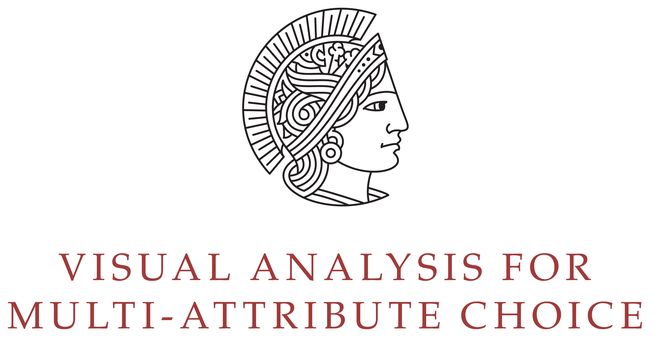
This dissertation presents findings from problem-driven research that centers around the design of visualization tools to assist experts in making data-informed choices. Its theoretical, methodological, and technical contributions shape the understanding of decision-related activities on large data sets and how to support them with visualization.
Aug 2024
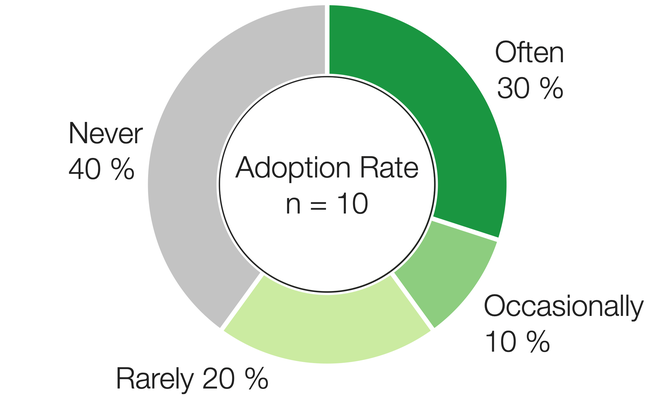
We revisit the adoption of PAVED in the target domain after four years. Our survey reveals a small number of power-users and helps carve out factors that influence whether and how a tool is adopted in the intended work environment.
May 2024
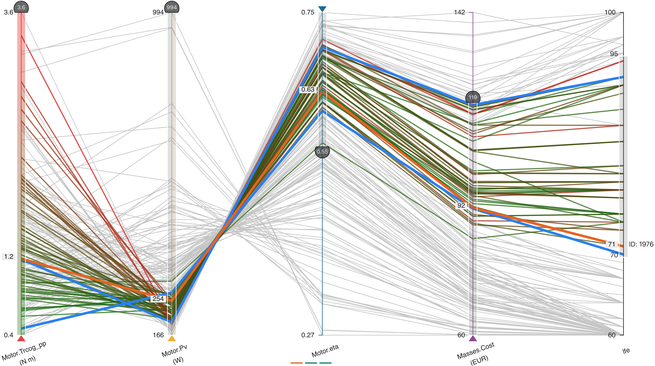
We present a design study on Pareto front visualization to support engineers in applying their expertise and subjective preferences for selection of the most-preferred electric motor design. We propose PAVED, an interactive parallel coordinates visualization for exploration of multi-criteria alternatives.
Jul 2020
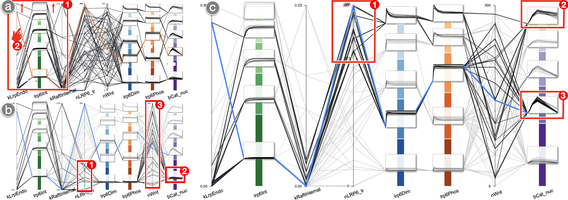
Visual Analysis of Time-Dependent Observables in Cell Signaling Simulations
Proceedings of the Eurographics Workshop on Visual Computing for Biology and Medicine - Short Papers, 2025
Best Short Paper Award EG VCBM 2025

Proceedings of the IEEE Visualization Conference - Posters, to be published, 2025
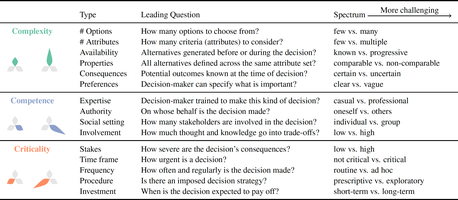
Towards Understanding Decision Problems as a Goal of Visualization Design
Proceedings of the IEEE Visualization Conference - Short Papers, 2025
Best Short Paper Honorable Mention IEEE VIS 2025
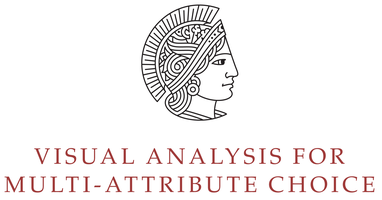
Visual Analysis for Multi-Attribute Choice
Dissertation, 2024
Best Dissertation in Computer Science at TU Darmstadt in 2024

A User-Centered Perspective on Information Needs of Stakeholders in the Circular Economy
Proceedings of the Electronics Goes Green 2024+, 2024
University of Rostock, Germany
University of Zurich, Switzerland
TU Wien, Austria
Johannes Kepler University, Linz, Austria